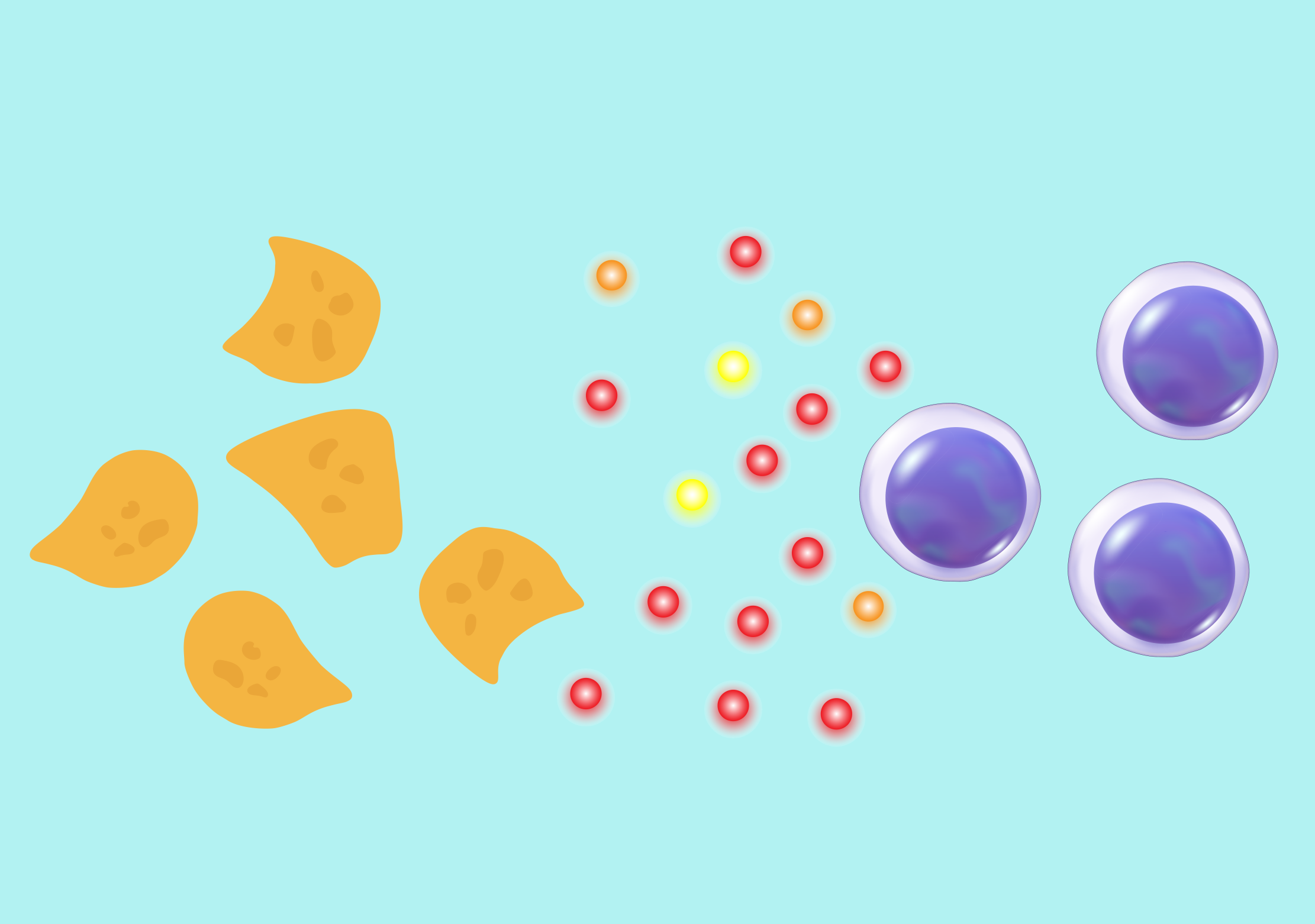The storming of the US Capitol on January 6th 2021 was a shocking event for many. Citizens pushed past Capitol police, causing property damage and threatening congresspeople and the Vice President. Five people died in the attack. Participants included armed members of right-wing militias, terrorist groups, neo-Nazi organizations, and conspiratorial groups such as Q-Anon. Nothing similar had been seen since the British burned the Capitol building to the ground during the War of 1812. Immediately afterwards, scholars and the media attempted to understand what had happened. Commentators had a range of viewpoints, describing the event as an insurrection, a mob invasion, sedition, a legitimate protest, a rebellion, and a coup. Read More
Distinguished Professor David Pion-Berlin at the University of California Riverside makes the case that the storming of the Capitol was an attempt at a presidential self-coup. Using the conceptual components of a self-coup, he and his colleagues, Thomas Bruneau and Richard B. Goetze Junior, analyzed the events of January 6th, and compared these to eight other self-coups in other nations.
A self-coup occurs when a national leader coercively interferes with other branches of government to retain or expand power. Like other forms of coup, a self-coup is organized, illegal and employs threats and coercion. In contrast to other attacks on government, they are initiated by the executive leader to suspend or impede a non-executive branch of government. As executive leaders may have no coercive means at their disposal, they need co-conspirators, which can include armed forces, political allies, civil society groups, and individuals.
So, does this describe the events of January 6th? They were indeed organized, illegal and used threats and coercion. The actions represented an attempt by President Donald Trump to stop the certification of the election of Joe Biden and Kamala Harris, by encouraging his followers to attack Congress and stop the electoral count.
While this attempt failed, it was the culmination of long-term efforts by President Trump to cast doubts about the democratic electoral process, as well as to give encouragement to violent right-wing organizations, through speeches, tweets and statements. Trump framed the issue as one of electoral fraud, making the unsubstantiated claim that voting mechanisms could not be trusted.
So, what makes one self-coup successful and another unsuccessful? Professor Pion-Berlin and his colleagues argue that whether or not the armed forces back the coup plays a pivotal role. While Trump closely ingratiated himself with the armed forces in a bid to win their support, he failed to obtain military backing for the self-coup, and it ultimately failed. Military support was critical to the fate of all other self-coups analyzed by the team.
The attack on the Capitol could have negative, long-term impacts on the democratic integrity of the USA. Therefore, understanding how self-coups work is vital, and it is equally important for the armed forces to be politically aware. Thankfully, US military leaders had already become aware of Trump’s political tactics, and were skeptical of following his lead.







